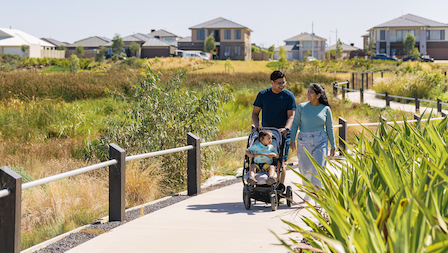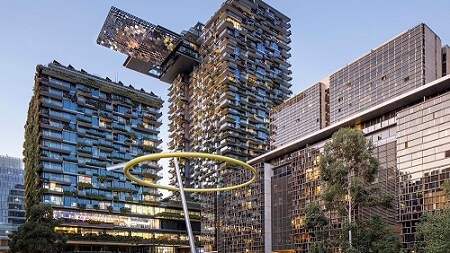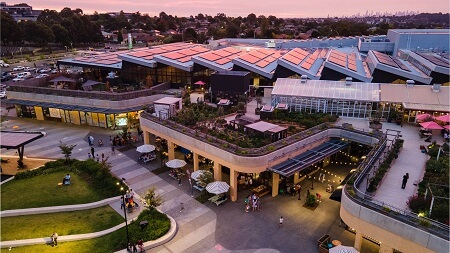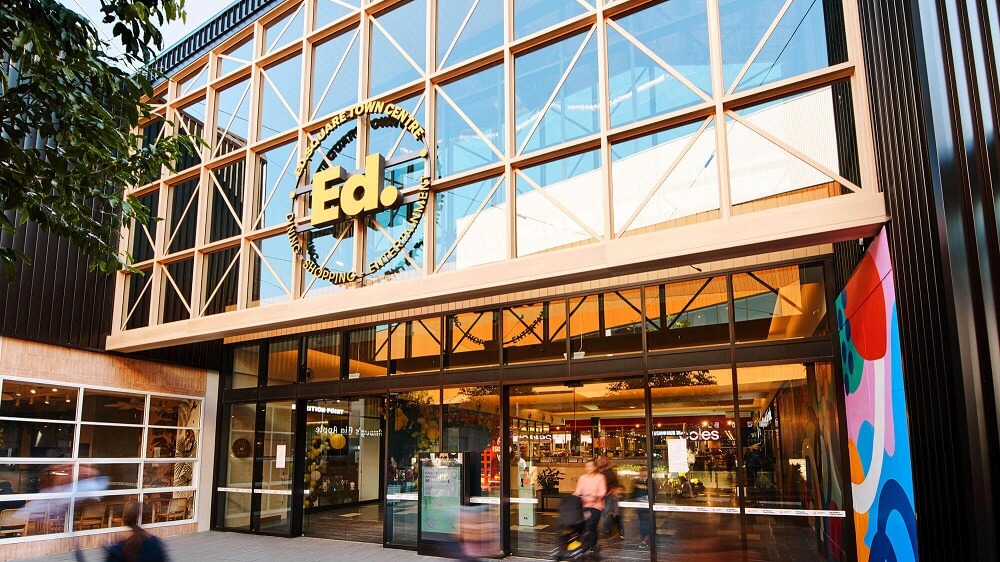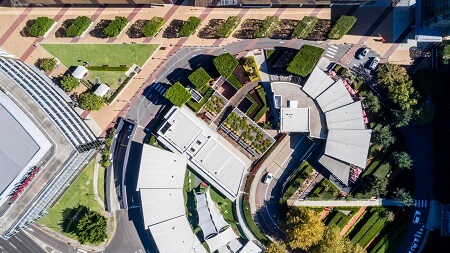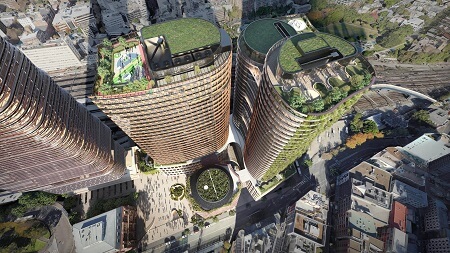The best way to end loneliness is together
One in four Australians report feeling lonely—an issue with significant negative effects on health and mortality. Yet loneliness still isn’t talked about widely enough. Overcoming that challenge while working to reduce the number of people experiencing loneliness is something that Frasers Property Australia and Ending Loneliness Together have teamed up to achieve.
It was during the making of their social insights documentary The Great Separation—exploring the state of social disconnection and loneliness in Australian life—that the team from Frasers Property Australia met Dr Michelle Lim, Scientific Chair of advisory body Ending Loneliness Together. Bonded by a shared belief in the importance of belonging on people's health, wellbeing, and human potential, a new partnership was born, with Frasers Property becoming the leading neighbourhood creation advisor to the country's peak.
"Loneliness is a wicked problem," says Dr Lim. "It's not something that we can resolve right away, nor can we resolve it by ourselves. It requires collective effort and transformative partnerships to really make a difference. Because loneliness isn't just one person's business, it's everybody's business."
"Ending Loneliness Together is a coalition of around 39 organisations, ranging from not-for-profits and research organisations to industry partners and big corporates. The common cause is to address chronic loneliness in Australia, not only to raise awareness of it as a health issue but reduce its prevalence and effects."
Frasers Property Australia CEO Anthony Boyd says that becoming an industry partner to Ending Loneliness Together, with special emphasis on creating and facilitating connection at the neighbourhood level, further cements the company's commitment to stronger, smarter, happier communities.
"We feel really privileged to have met Michelle through the making of the film," says Anthony. "She's an amazing person and one of the best thinkers and practitioners in this space. Joining Ending Loneliness Together has already given us such extraordinary access to the latest thinking and research, elevating everything we're doing from neighbourhood design to community development."
"I think where Frasers can really play a role in this sphere is sharing insights from our own communities, where new neighbours – who are strangers to one another when they move in – have opportunities and experiences to meet and form bonds.
"As a developer of these places we have an incredibly unique opportunity to try new things and implement programs and initiatives that encourage social connection. Then, as we learn what's working or not working, we can share those lessons with Ending Loneliness Together and add to the pool of knowledge that's growing about the issue of loneliness and how to combat it."
Raising awareness
Ending Loneliness Together's four-stage approach includes scientific research and evidence-based measures, raising awareness, influencing governments and stakeholders, and giving people the information they need to better understand loneliness and the ways to prevent it. Elevating the issue has included the establishment of Australia's own Loneliness Awareness Week and the tabling of Ending Loneliness Together's State of the Nation report to Federal Parliament in August 2023.
"One of the overarching goals is to remove the stigma of loneliness," says Dr Lim.
"What many people don't know about loneliness is that it can affect everyone. It doesn't have one face; it has many faces.
"It's important for us to empower the person who feels lonely to make them feel safe to talk about their loneliness. We now know that loneliness is an innate signal for us to connect with other people, one that's not very different to feeling hungry or thirsty. It is a natural human response. But, because of shame, people don't reach out and it becomes a problem and becomes much more detrimental to their health and wellbeing. One of the things that I do to help people who might feel lonely is to really normalise the experience."
It's a sentiment that's shared by the star of The Great Separation documentary, Joey Fry.
"I think we don't talk about loneliness enough at a societal level, because we're scared to be vulnerable," says Joey. "But what I've learned through the film is that there's something so freeing in taking off your external armour and being open with friends and family.
"Being vulnerable can have surprising effects because you also give people permission to be vulnerable with you too. I've actually had some conversations with friends and family that I would never have had if I didn't do this documentary. I would never have known that they were feeling the way that we're feeling if I hadn't have taken a chance on myself to be vulnerable and have that conversation.
"At the end of the day loneliness is a human emotion and why aren't we talking about human emotions?"



